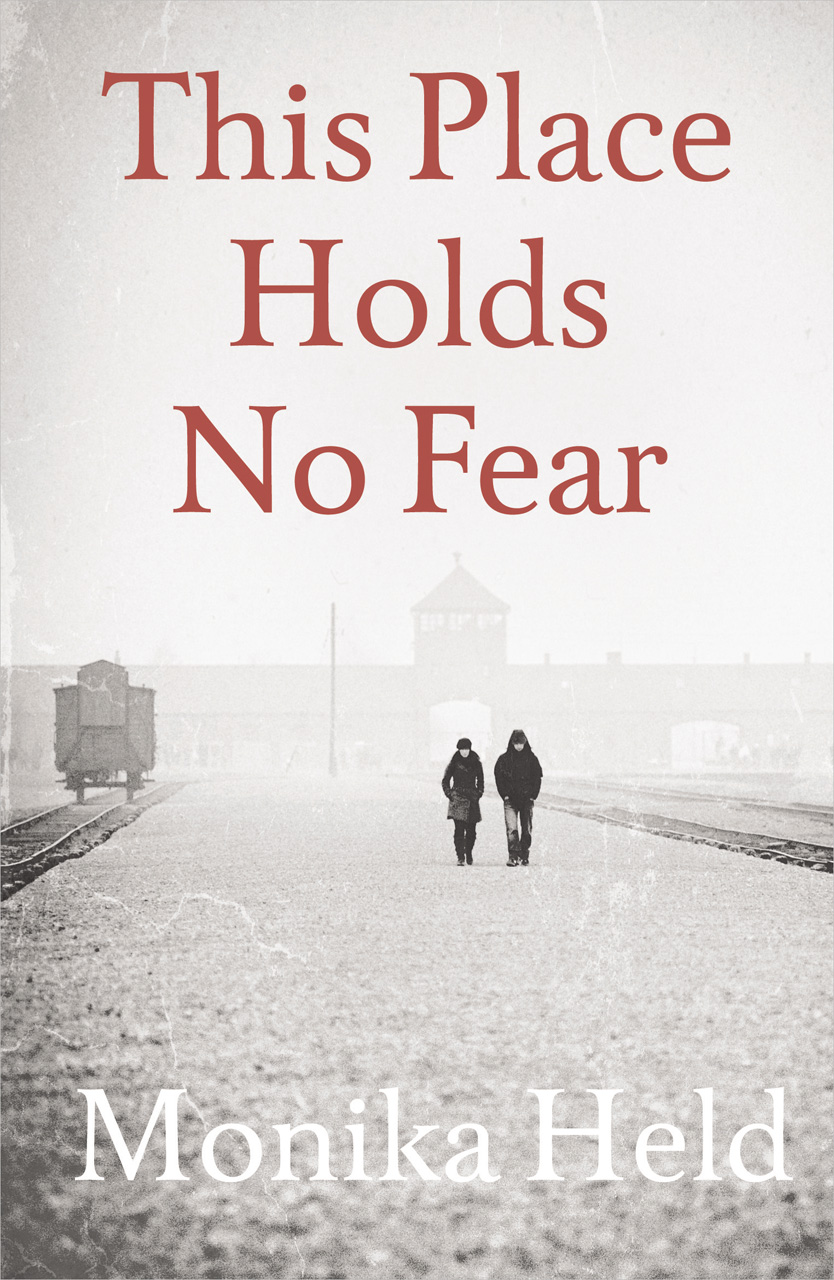When
I hear the word "Auschwitz," I automatically think about
the Jews who were murdered there. But then I remind myself that the
Jews suffered alongside many other people, including political
prisoners, who were sent to the camp because they were Communists or
simply spoke out against the Nazis. This
Place Holds No Fear,
like The
Zookeeper's Wife,
Gertruda's Oath,
and On Hitler's
Mountain,
reminds us of the sacrifices and sufferings of Christian Europeans who resisted the evils of WWII.
In
this fictionalized account of the life of an actual Auschwitz
survivor, Held explores what it means to be
a "survivor" and continue living, always remembering the
horrors and unspeakable crimes witnessed in the camps. This is the
story of Heiner Rosseck from Vienna, prisoner number 63,387 at
Auschwitz, arrested and sent to the camp for being a Communist. As
one of Heiner's friends remarks to his wife, Lena, "Heiner's
mission was: Stay alive. Be a witness. Stand in a court of law and
say: I saw what happened there."
Heiner succeeds in making it to a court in Frankfurt twenty years after liberation, traveling from his home in Vienna to testify against his former captors and torturers at Auschwitz. When he collapses in the hallway after a day of testimony, he's cared for by a German woman named Lena, with whom he falls in love.
Lena
becomes his second wife (the first left him because she couldn't
handle Heiner's obsession with his time at Auschwitz) and realizes
that no matter how hard one tries to understand another's
experiences, empathy has its limits. No human can ever truly know
what it's like to be someone else- even after decades of love and
marriage, people can never really cross that invisible line between
selves. Heiner has made his memories of Auschwitz part of the very
fabric of his life, and Lena soon understands that she has married a
man and
a shadow. The two cannot be separated, and this strain ultimately
strengthens their marriage and determination to stay together.
Part II of the novel takes us to 1980s Poland, where martial law has
been declared. Heiner and Lena decide to visit Heiner's friends from
the camp to bring them food and medicine, with a stop at Auschwitz.
And though Heiner and Lena, who have been married for twenty years,
stand in the same spot in the deserted camp, they experience
completely different sensations, with Heiner hearing, smelling, and
seeing things that have been seared into his brain, which Lena can
never access.
The last part finds the couple living in retirement in a seacost town
for Heiner's health. By this time, Lena has learned, both from Heiner
and his friends, how to live with an Auschwitz survivor and support
them, even though it's impossible to fully understand what they went
through.
As
she explains in the "Afterword," Held spent a lot of time
with Auschwitz survivor Hermann Reineck (on whom Heiner is based),
listening to his stories, traveling with him to Poland and Auschwitz.
She spent years reading about what happened at the camps and thinking
about how one goes on after such horrors. This
Place Has No Fear
is the result, and it is powerful, emotionally wrenching, and
beautifully written. I can't help but be astonished that someone who
wasn't yet born by the time the war ended could, through research and
stories, write such a moving, empathetic novel that captures the
myriad ways in which survivors try to piece themselves together and
go on living. This is a masterful book that I recommend to everyone.

No comments:
Post a Comment